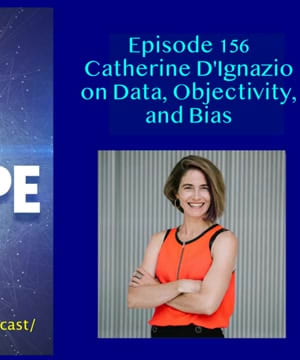Celebrity bias
Sources:
Celebrity bias can take various forms, impacting both public perception and individual behavior in significant ways. Here are some key insights from experts on this topic:
Cognitive Bias and Parasocial Relationships
Montell, an author and linguist, explains how celebrity bias is deeply embedded in our cognition. People often project unrealistic attributes onto celebrities through the "halo effect," where a single positive trait (like talent) leads to the belief that the individual possesses other favorable qualities (like intelligence or kindness). This bias is exacerbated by social media, which fosters one-sided relationships and heightened expectations that celebrities can never truly fulfill. Such dynamics can lead to emotional disappointment and create psychological struggles for fans 1.Bias in Hollywood
Shapiro highlights how bias in Hollywood operates, where associating with certain political views or figures can significantly impact a celebrity’s career. He shares an example of Mark Duplass, who faced severe backlash merely for mentioning Shapiro in a positive light. Shapiro notes that biases in Hollywood often require celebrities to align with liberal viewpoints to avoid professional ostracism 2 3.Impact of Celebrity Influence
The influence of celebrities on public opinion and politics can be profound. Shapiro further discusses how the public often attributes extensive knowledge and credibility to celebrities merely because of their fame and wealth. This tendency can lead to misplaced trust and influence in areas where celebrities lack expertise, such as political or social issues 4.
Celebrity Idolatry
Sal Di Stefano from the elaborates on the human inclination to idolize public figures. This phenomenon can make people resistant to accepting negative information about those celebrities. Di Stefano also points out that famous individuals often display higher tendencies toward narcissism and manipulative behaviors, given their desire for fame and influence 5.
Social and Structural Bias
Hunger and Sole-Smith discuss how broader societal structures, including media and healthcare, reinforce biases, including those related to body image and anti-fat sentiments. Events like public shaming of celebrities can even exacerbate implicit biases at a large scale, demonstrating the powerful role media plays in shaping public attitudes 6.Bias in Data and AI
D’Ignazio from MIT's Data + Feminism Lab sheds light on how biases in training data for AI systems reflect societal biases. Systems trained predominantly on data from 'pale and male' profiles fail to adequately represent diversity, thus perpetuating existing racial and gender biases. These issues underscore the need for diverse and inclusive data to reduce biases in AI applications 7.These insights reveal the complexities of celebrity bias and its impact on both societal dynamics and individual psychology.
RELATED QUESTIONS



